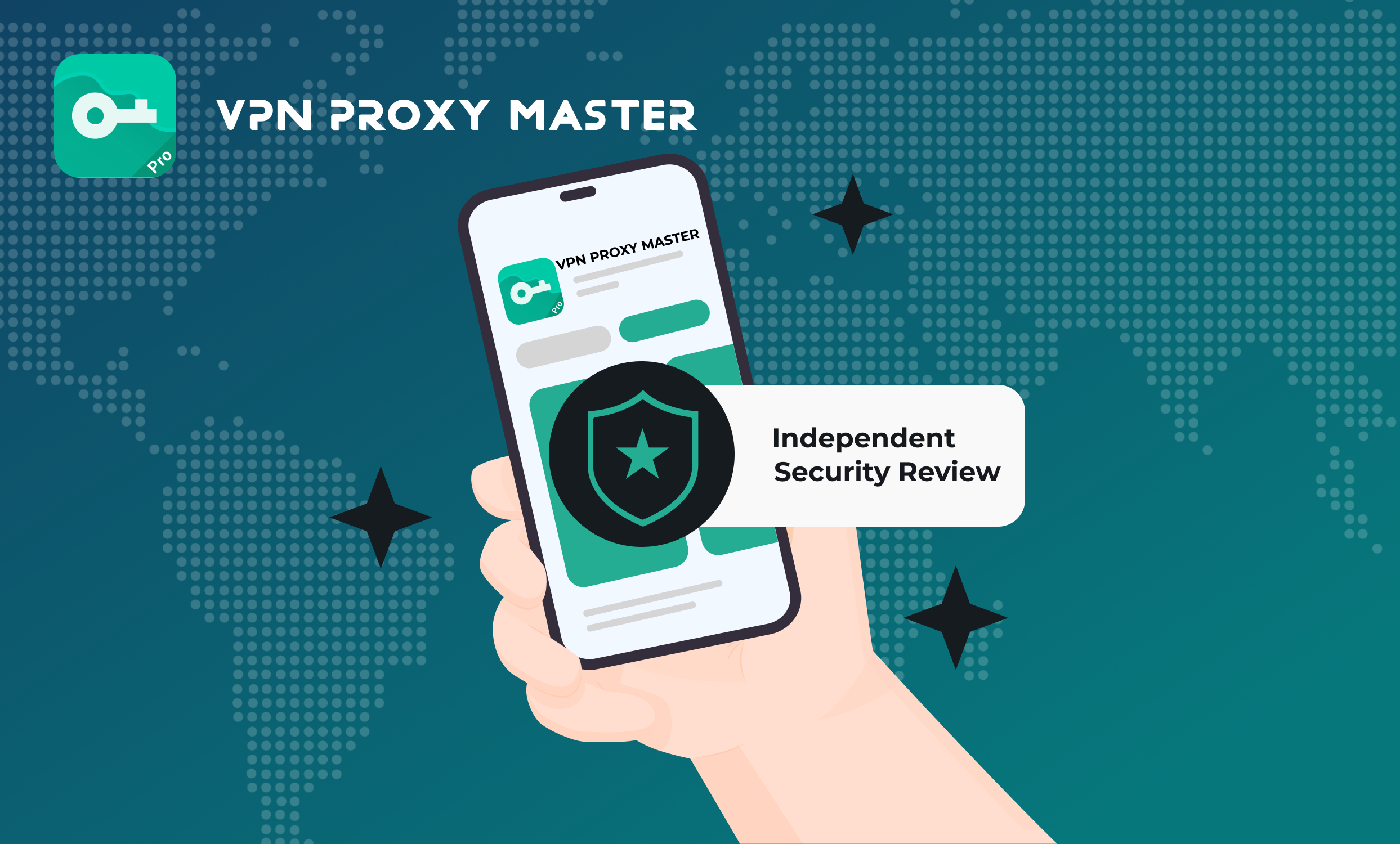
VPN stands for the virtual private network. HTTPS stands for hypertext transfer protocol secure. Both technologies are popular in the security domain. In fact, both are known to secure your internet and guarantee you internet privacy to a large extent.
Both VPN and HTTPS do similar things. However, they both do it in different ways. This article will tell you 5 cardinal differences between a VPN online and HTTPS.
Of course, it becomes difficult to choose from both. This article will tell help you answer the tough question. What should you choose between VPN and HTTPS? The article also tells you logical reasons for the same.
So then, let us start without any further delay. Let us look at the differences one by one. Let us begin with the primary definition.
WHAT IS HTTPS & VPN?
HTTPS Definition
HTTPS or hypertext transfer protocol secure in simple words is a protocol followed for a browser connection with any website. Hence, if you visit a website in HTTPS, your internet service provider (ISP), an intruder, or cyber attacker cannot look into which website you have seen.
Do you know how to check if the website is HTTPS or not? Well, I know most of you folks know how to do this. Still, for the new readers let me tell you how to see if the website you are visiting is HTTPS or not. All you need to do is log on to the website. If the website is HTTPS it will have a lock at the start of the URL area in the browser.
In fact, you should always follow the practice of using HTTPS whenever you visit an E-commerce seller. At least, make sure you only buy from HTTPS complaint E-commerce stores. If you make any purchases in a non-HTTPS store, an intruder can easily steal all your details like name, E-Mail-ID, credit card information, etc. Thus, it is best to make all your purchases on an HTTPS E-commerce store. Further, whenever you want to experiment with a new range of products on an unknown E-commerce brand make sure you visit the brand’s website and see if it is HTTPS compliant or not.
Here it is important to mention that on a lot of occasions we directly install Android mobile applications. On many occasions, many online buyers directly buy from the mobile application. In this case, a lot of us do not even visit the website. Though when using an Android application, checking HTTPS is irrelevant, it still tells you a lot about the approach the E-commerce brand has to the shopper’s data security.
VPN Definition
On the other hand, a virtual private network (VPN) latches you to a VPN server. Further, it creates a virtual tunnel between your terminal and the VPN Server. Your internet service provider ( ISP ), an intruder, cyber-criminal, etc cannot peep into this tunnel. This way a VPN keeps all your internet transactions secure. If you use a VPN application all that they can see is that you are using a VPN. Hence, your ISP cannot maintain a log of your internet activities. In fact, your ISP cannot peep into what websites you are using.
VPN & HTTPS ENCRYPTION
HTTPS: secures the data transactions that happen between you and the website. HTTPS makes use of a specific encryption protocol. It makes use of the TLS protocol for encrypting data transactions between you and the destination website. This TLS encryption saves your data from being read by any unintended readers.
On the other hand, here’s what a VPN for PC does. Whenever you download a free VPN for a PC, it encrypts the data that is sent from your terminal to the VPN server. There are various encryptions being used by various applications. However, the sole purpose is that unintended users like your ISP, intruders, cyber attackers, etc are not able to read through the contents of your data.
However, the encrypted data can be read using a de-encryption key. This de-encryption key is with the intended users only. Thus, the intended user can decode the encrypted content and convert it to the readable original format. Thus, if an attacker ever hacks into your data and funnels some confidential data, he cannot read through the contents of the data.
COMPLIANCE
In the first place, for making use of an HTTPS protocol you need to have an HTTPS-compliant browser. You can enable HTTPS to your browser in just a few seconds. In fact, nowadays most browsers are HTTPS enabled by default. Secondly, the website you are visiting should be HTTPS compliant.
On the other hand, a virtual private network ( VPN ) will serve all its functions as long as you have a VPN installed on your device and it is turned on.
LEVEL OF ENCRYPTION
HTTPS provides 100% encryption. The encryption starts at one end of the journey and ends at the endpoint of the journey. In short, HTTPS guarantees end-to-end encryption.
On the other hand, a VPN encrypts all your data. However, the encryption begins from your terminal and ends on the VPN server. However, you should also note here that after reaching the VPN server encryption won’t anyway make sense. Since the VPN server does all the journey masking the user’s IP and location.
To add to this a VPN secures all the transactions you make online. Whether it is a website, application, entertainment, etc.
On the other hand, an HTTPS protocol is limited to encryption of data between the user terminal (Browser) and visited the website only.
Thirdly, the strength of encryption used by a virtual private network is much higher than the encryption used by HTTPS.
So then, does the question still remains? What should you use as your security pal – a VPN or HTTPS? Well, the answer is both. Yes, you heard it right. You should always use a VPN application to keep your device and data secure. However, whenever you make any data transactions it should be an HTTPS-compliant website and you should also keep HTTPS enabled on all the browsers you use.















